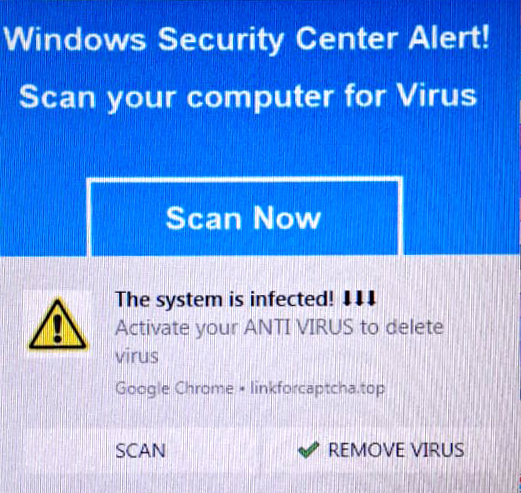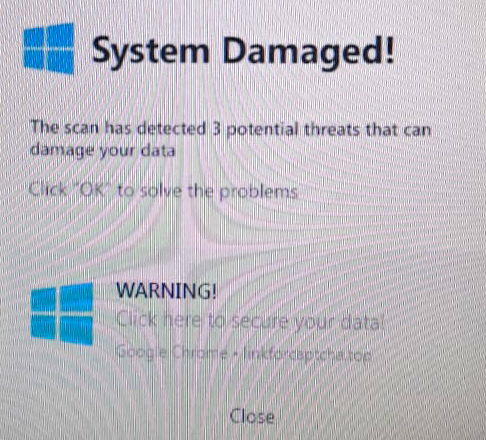Fake Virus Alerts: Don't Fall for the Scam!
.png)
In April 2023, we are seeing an increase in the number of fake virus alerts being circulated to users on the internet. These alerts can come in many forms, from pop-ups on your computer screen to emails and text messages. These fake virus alerts are designed to trick you into believing that your computer is infected with a virus or malware, and then convince you to take action that will ultimately result in harm to your computer or personal information.

A simple graphical way is the fake virus alerts that can be spread through pop-ups on your computer screen. These pop-ups may claim that your computer has been infected with a virus and ask you to download software to remove it. However, if you click on the download button, you may actually be downloading malware onto your computer or
you will be taken to a website that looks like the official website of the company in question. However, these websites are actually fake, designed to trick you into downloading malware onto your computer. Once the malware is installed, it can do a variety of harmful things, such as stealing your personal information or using your computer as part of a botnet to carry out cyber attacks.

If you see a pop-up on your computer screen warning you of a virus or malware, don't click on any buttons or download any software. Instead, close the pop-up and run a virus scan on your computer using trusted antivirus software.
To avoid falling victim to fake virus alerts, it's important to be cautious while clicking on such popups. If you receive any popup that appears to be from a well-known company, double-check the details contained in it to make sure it's legitimate. If you're unsure whether a popup is real or fake, don't click on any links or download any software.

In conclusion, fake virus alerts are a serious threat to computer users. By being cautious while clicking on such popups, and by using trusted antivirus software to scan your computer, you can help protect yourself from these scams. If you do receive a fake virus alert, report it to the appropriate authorities so that they can take action to shut down the scam.
Net Protector Total Security has an Anti Fraud detection which will detect and clean up such Fake Alert Malware.
Install NPAV on your systems to ensure best-in-class security against malware and ransomware attacks. Use NPAV and join us on a mission to secure the cyber world.






